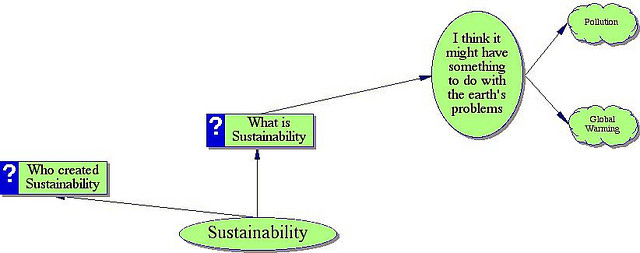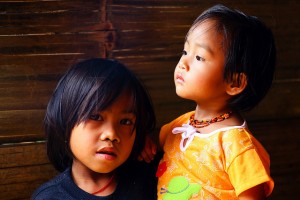Last week, a huge milestone for the palm oil industry went largely unnoticed: The first ever batch of 100% Roundtable for Sustainable Palm Oil (RSPO)-certified, segregated palm oil made it’s way into North America, arriving at a New Orleans port and destined for the supply chains of various U.S. companies.
According to news sources, the oil “will be offered to the market as certified, mass balance oil with first deliveries of certified oil to customers” beginning next month.
This is significant because until last week, there was no RSPO-certified, segregated palm oil available anywhere in the North American market. It wasn’t until November 2008 that the first batch of ec0-stamped palm oil became available in Europe, which marked the first time ever, anywhere, that palm oil was planted, grown, harvested, processed and transported “responsibly.”

But before we pull out our party hats and the palm oil-laden Newman O’s, let’s look deeper into what this actually means. IOI is the company responsible for the above-mentioned task of getting an RSPO certified batch of palm oil all the way from one of its many plantations (this one in Sabah, Malaysia) through their supply chain and to North America. But even though this particular batch may have received the green stamp of certification from the RSPO, IOI has been the target of community pressure and claims by NGOs that the company should not be able to use the RSPO’s certification stamp for any of their palm oil until they can resolve the social conflict going on in their palm oil concessions.

Other than IOI’s claim to fame for RSPO certification, the company has not received any gold stars for being a sustainable company. According to a damning report released by Grassroots in November 2010, investigators discovered the company was occupying and encroaching on traditional community-owned land, jeopardizing nearby village water with weed killers and agrochemicals, and providing unsafe housing conditions. The discovery of an important village grave site being used by foreign workers to bury deceased on community land is also troubling, as are the instances of land clearance without community consultation, and the absence of a Social Impact Assessment or a High Conservation Value assessment.
IOI-Loders Croklaan was also the first company to offer RSPO certified segregated palm oil in Europe on a large scale in April, 2010. In response to the first small shipment of palm oil certified under the RSPO to Europe in 2008, Wetlands International criticized the RSPO’s credentials, warning that the batch of certified palm oil originated from a plantation which grew palm oil on peatlands, a carbon-rich ecosystem that releases massive amounts of C02 when cleared, drained, and converted for agricultural use according to Mongabay. They astutely point out that the RSPO fails to account for greenhouse gas emissions in its certification process.
This largely brings into question the true significance of the first RSPO-certified palm oil brought into both Europe and North America. Can palm oil be certified “sustainable” when the RSPO refuses to limit greenhouse gas emissions (GHG) released when peatlands are drained to plant palm oil?
In taking a deeper look at the extent of IOI’s documented land and social conflicts, can we really trust the green stamp on IOI’s “certified sustainable” palm oil? And can we really support such a certification mechanism that has blatant omissions of criteria such as those necessary to monitor climate change?